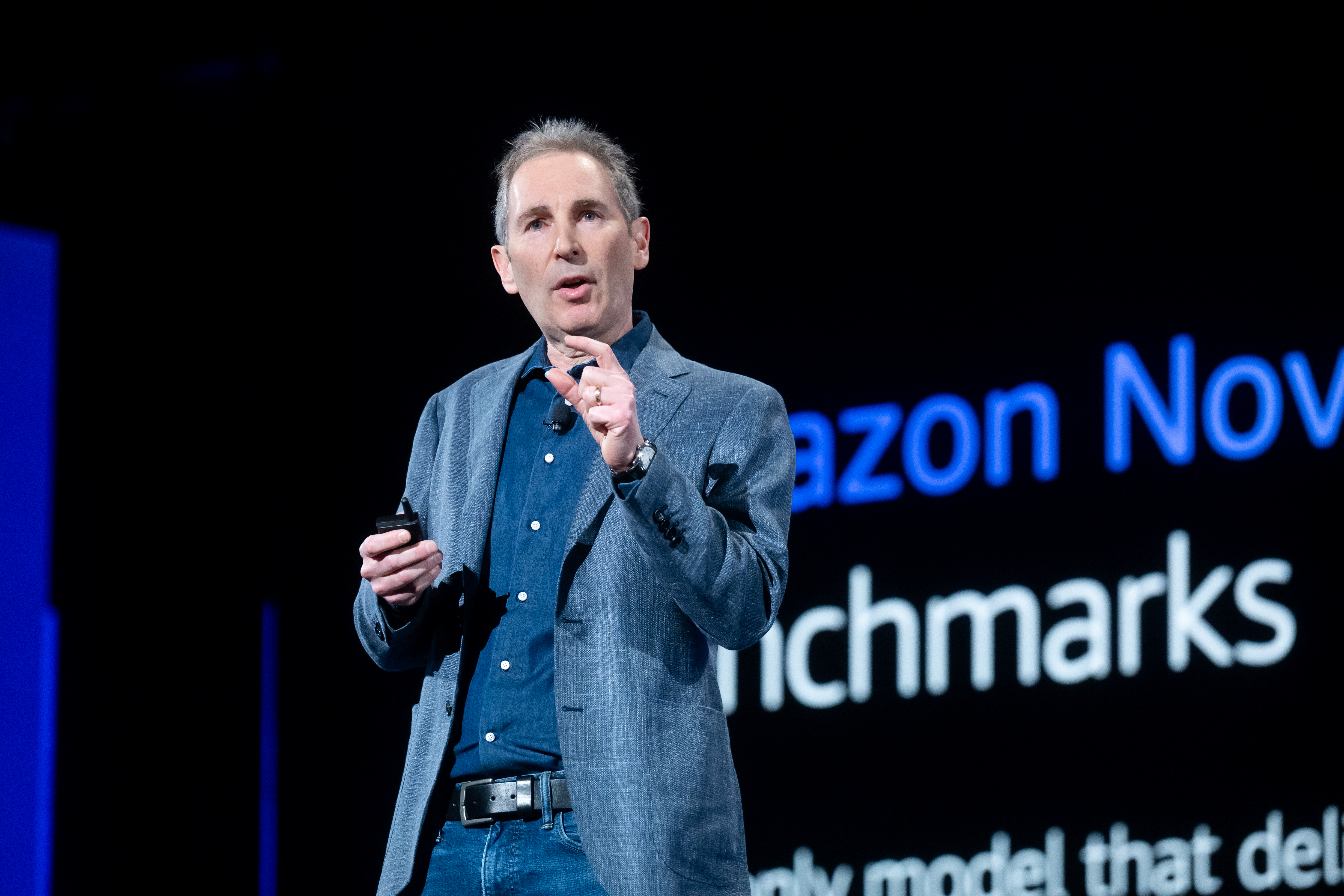When it comes to convenience, it’s hard to beat Amazon. And that rationale isn’t limited to consumers: Many local districts shopping for supplies with public funds apply the same logic. But the Institute for Local Self-Reliance (ILSR) published a study earlier this month (via The American Prospect) that illustrates the cost of that bargain. It suggests that Amazon’s “dynamic pricing” has led many schools and other localities to overpay for supplies.
Public schools and local governments have historically bought supplies by soliciting competitive bids from local suppliers. Those vendors then respond with fixed price lists, delivery timelines and other terms. This competition — all out in the open, part of the public record — encourages low prices and transparency.
On the surface, ordering from Amazon appears to offer competition, too. After all, the platform includes third-party vendors fighting for your dollars. But turning taxpayer funds over to Amazon’s algorithms isn’t quite that simple. That’s because the platform’s “dynamic pricing” (algorithmically driven real-time changes) is inherently opaque.
According to the report, Amazon’s contracts with public entities don’t include fixed price lists. Instead, they include language built around swings. “This contract has a dynamic pricing structure in which the price for items listed on the online digital marketplace is driven by the market,” Amazon’s contract with Utah reads. “This contract will not need to be amended when prices fluctuate.”
Below are some examples of wild price discrepancies for these districts. All of ILSR’s examples are from localities buying supplies from Amazon Business with public funds in 2023.
A City of Boulder, CO employee ordered a 12-pack of Sharpie markers from Amazon Business for $8.99. On the same day, a Denver Public Schools worker ordered the same markers for $28.63.
Amazon charged Clark County, WA, $146,000 for 610 computer monitors. On another day, that same order would have cost $24,000 less.
Pittsburgh Schools bought two cases of Kleenex for $57.99 each. On the same day, Denver Schools paid $36.91 for a single case.
On a single August day, Denver Schools placed two separate orders for bulk cases of dry-erase markers. One cost $114.52. The other was $149.07.
In March 2023, Denver Schools paid $15.39 for a Swingline stapler (sold by Amazon). A few days later, the same school system paid $61.87 for the same product (sold by a third-party seller).
Even in that last example, ILSR says Amazon’s algorithms are the culprit. “It might be tempting to blame the seller for putting a $62 price tag on a stapler or the employee for not noticing the cost,” the nonprofit argues. “But that overlooks Amazon’s pivotal role in the transaction — and the profit it makes. Amazon’s algorithms steer shoppers’ attention, selecting featured products and organizing search results. The platform routinely prompts users to ‘buy it again,’ even when the price has jumped. For busy public school employees, it’s all too easy to simply click the buy button, under the assumption that Amazon is surfacing the best option.”

One portion of the study looked at repeat orders for 2,500 “high-frequency items.” (These included Amazon-brand copy paper, Elmer’s glue, BIC pens, Lysol cleaning wipes and Crayola crayons.) In total, the jurisdictions in the study spent $3 million on those items. But based on the lowest prices Amazon charged during that period, they would have paid only $2.5 million. Across those same items, one school district could have saved 17 percent (about $1 million) if it consistently received Amazon’s lowest prices.
What would fair market value have been for those items? Well, it’s hard to say because the algorithms are steering pricing silently in the background. A more thorough study that included the same items, bought exclusively through the traditional procurement method, would tell us much more. And recent history has taught us that trusting Big Tech’s algorithms to serve the public good (rather than its own bottom line) is a fool’s errand.
In at least some cases, the practice routes public funds away from local vendors and toward overseas ones — and, of course, Amazon itself. In Berkeley County, WV, the school district spent $1.3 million on Amazon Business in 2023. What portion went to sellers in the state? A measly $142.
On top of all of that, the practice has snuffed out many of the smaller vendors that traditionally competed for these contracts. “The disappearance of these small and mid-sized businesses weakens local economies and tax bases,” the report concludes. “And it leaves governments increasingly dependent on Amazon, paving the way for the kind of monopoly control that ensures higher prices, poorer service, and less innovation.”
In a statement sent to The Guardian, Amazon disputed the study’s conclusions. “Pricing research is notoriously difficult to conduct accurately and typically lacks reliable methodology, including cherry-picked product selections, mismatched product comparisons and comparing in-stock items with products out-of-stock at competitors,”
ILSR’s report drew in spending data from 128 local governments (including cities, counties and school districts) and 122 state agencies. It also gathered contract documents and interviewed public officials, procurement experts and vendors.
This article originally appeared on Engadget at https://www.engadget.com/big-tech/study-links-amazons-algorithmic-pricing-with-erratic-inflated-costs-for-school-districts-202047988.html?src=rss